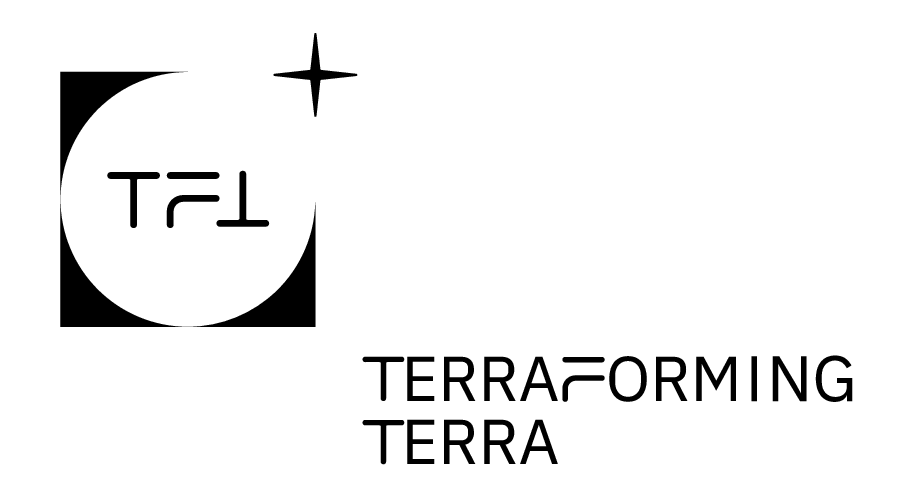*machine translation*
It seems that part of the accelerated global warming is due to lower sulfur emissions from the world's fleets. This is argued, for example, in the article"Global warming in the pipeline".
Even though this is easily seen as negative, I think it is reasonably good news.
It shows how quickly the Earth system responds to a change in solar radiation. And it shows that we humans can influence this solar radiation in an amazingly short time.
This is the basis for the idea to reduce solar radiation by injecting aerosols into the stratosphere, basically to shade the earth, like you do with a winter garden.
In English, the whole thing is called stratosperic aerosol injection and is one of the better studied methods of technically influencing climate change.
The side effects of such a project are still unclear, and the costs are high, but in the face of further increasing amounts of CO2 I see here a risky, but at least apparently effective method to counteract an overheating of the earth.
With this, we will not be able to return to an Earth like the 1940s. The poles will probably remain melted, as will the glaciers.
And there will be massively different interests: Greenland, for example, is pleased to be covered with less ice, and Russia and China are also pleased with the potential northern route for commercial shipping that comes with the retreat of polar ice.
In that sense, this is a complicated, problem-ridden, technically, economically, socially, and politically risky approach. But probably better than further warming with less and less arable land and ultimately less and less habitable land on Earth.
A friend gave me a perhaps appropriate image for this: shading the earth with aerosols to reduce or stop global warming is a bit like chemotherapy for cancer: a last resort, massive side effects, and no guarantee of success.
- Log in to post comments
